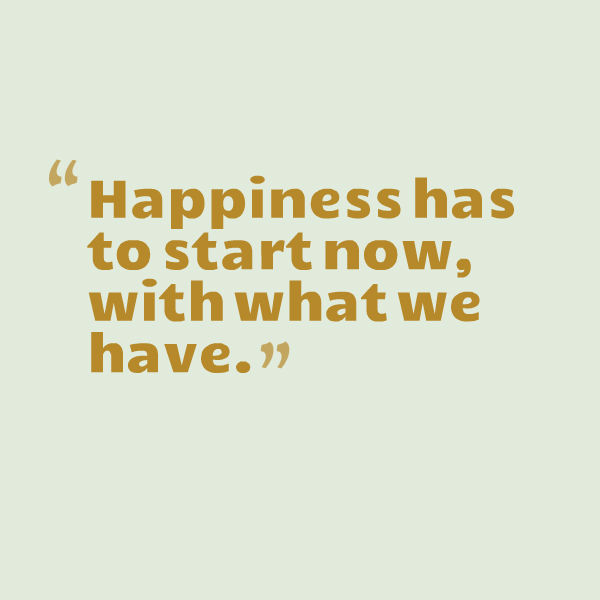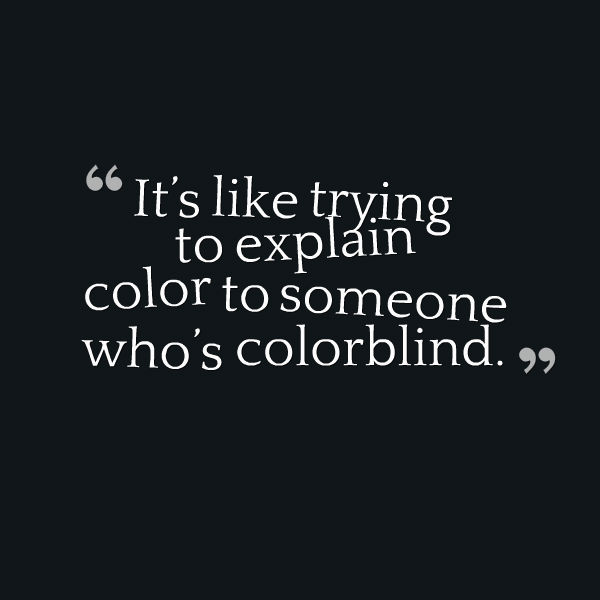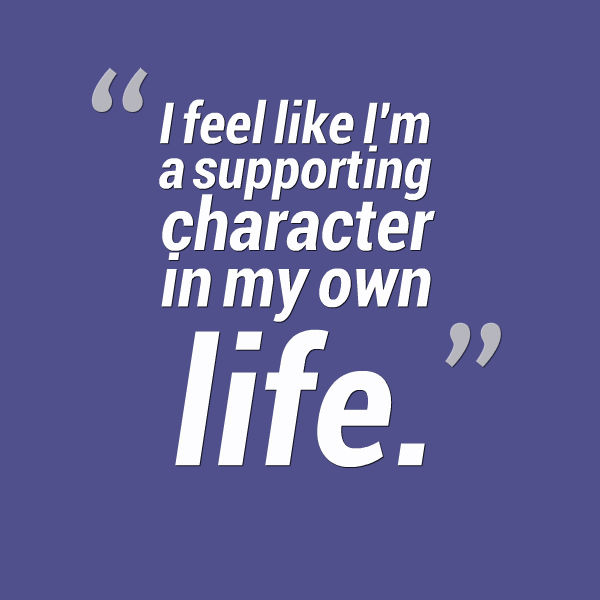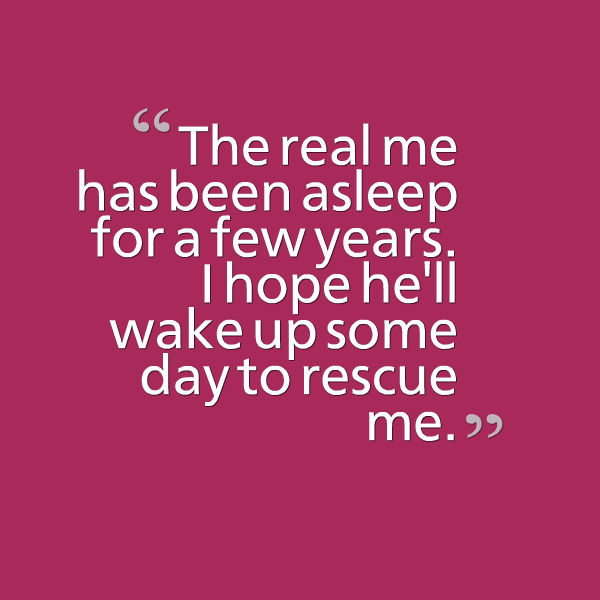While psychologists are hired to help people dealing with mental health challenges, the relationship can get deeper than just patient and provider. It’s often a partnership, and although people with mental illness expect to learn from their psychologists, mental health professionals can learn from their patients, too.
To highlight this, a Reddit user asked psychologists and psychiatrists to share the most insightful and profound thing they’ve heard from their patients who live with mental illness.
Their answers ranged from heartbreaking to profound — here are just a few:
1. “Had a client with general anxiety disorder. She explained that it felt like tripping — that the moment you don’t know if you’re going to catch yourself or not is how she felt all day long.”
2. “It’s OK if I don’t have any friends. Having friends makes you happy but it doesn’t make you a good person.”
3. “A patient recovering from body image issues told me, ‘We spend our whole lives trying to get to a certain place or acquire certain things so that we may be happy. But true happiness is when you realise you’re never going to get to that place…happiness has to start now, with what we have.’”
4. “I feel like a ghost, walking around unseen in the backdrops of these other happy lives.”
5. “I’m a recovery specialist, and one time my client said, ‘I guess I missed the transition from when the ground was lava and imaginary friends became schizophrenia.’”
6. “‘Imagine if every small decision felt like it had life or death consequences.’ That’s how one of my patients described living with an anxiety disorder.”
7. “I dont wanna kill myself. I wanna kill the part of me that wants to kill myself.”
8. “I worked with a child (11 years old) who had been diagnosed with Asperger’s syndrome and we were having a conversation about how it affects interpersonal communication. I was fumbling through explaining non-verbal cues, misunderstandings, etc. when he said to me, ‘It’s like trying to explain color to someone who’s colorblind.’”
9. “From someone who has gone through abuse: ‘Every day I get up and do what I need to do is one less day they [the abuser] has a grip on me. I’ve decided what they did to me won’t define me. What I choose to do is what defines me.’”
10. “You don’t get a get well card for depression, people don’t see it as an illness.”
11. “Have you ever had a dream where you were about to fight someone? You know that feeling you get when you want to punch them but just can’t? Your arms kinda feel like wet noodles? That’s depression for me.”
12. “It isn’t sadness. Sometimes… a lot of the time… I just feel like there is a blanket covering me. From head to toe I’m wrapped up in it. I can’t move, I can’t breath, I can’t be me. I feel like someone is just wrapping me up and I can’t do anything about it. I pretend everything is fine. I act like I’m happy and having a good time but really… I’m stuck and can’t escape.’”
13. “I feel like I’m a supporting character in my own life.”
14. “Pain is only information.”
15. “‘I wish I could just stop caring what people thought about me and rid myself of my anxiety, but lying to myself is what got me here in the first place.’”
16. “From an 11-year old client: ‘Nothing is a mistake if you’ve learned something from it.’”
17. “I was working at an outpatient facility over the summer and we were setting up for an outdoor event. It looked it was going to rain. I asked, “What are we gonna do if it starts raining?” A patient who has schizophrenia and rarely spoke said, ‘If’ is the most important word in L.I.F.E. Can’t spell life without if.”‘
18. “I know of recovery, but I do not know recovery.”
19. “The real me has been asleep for a few years. I hope he’ll wake up some day to rescue me.”
20. “What screws us up most is the picture in our head of how things should be.”
21. “My 10-year-old client described his depression as being stuck in a trench, and that he needs helicopter support to throw down the rope (which he metaphorically described as his medication for depression). He then followed this by illustrating himself climbing up a mountain, slipping, struggling to reach the top, but seeing the other side as ‘hope.’ His message that he wrote at the top of his picture was ‘There is always hope.’”
*Some responses have been edited and shortened.




